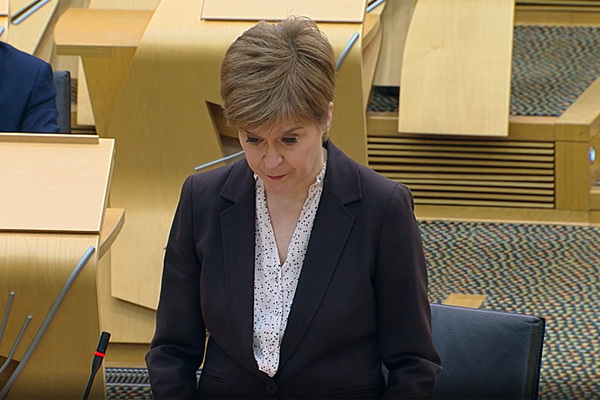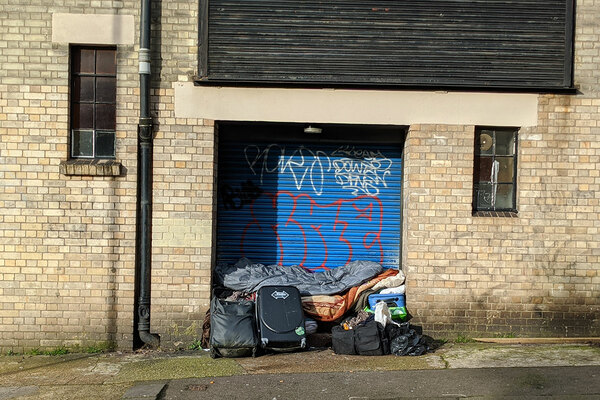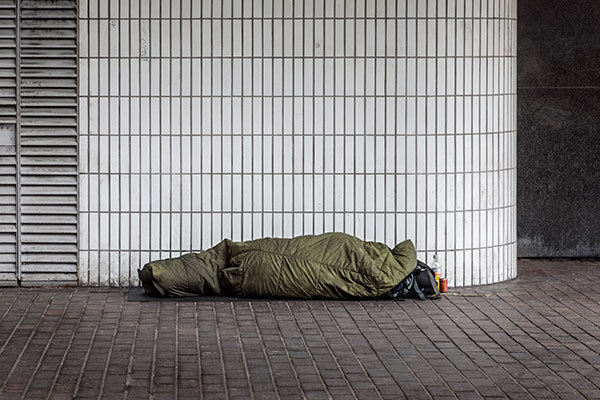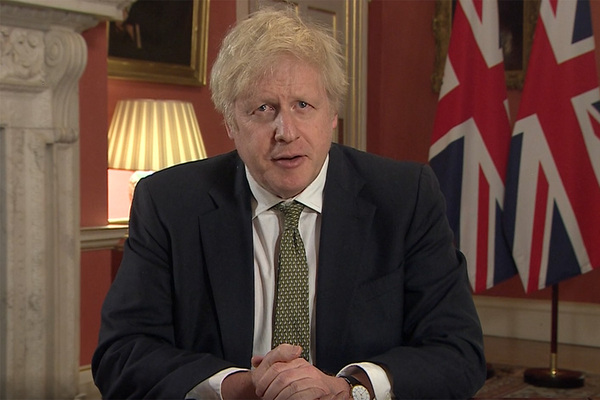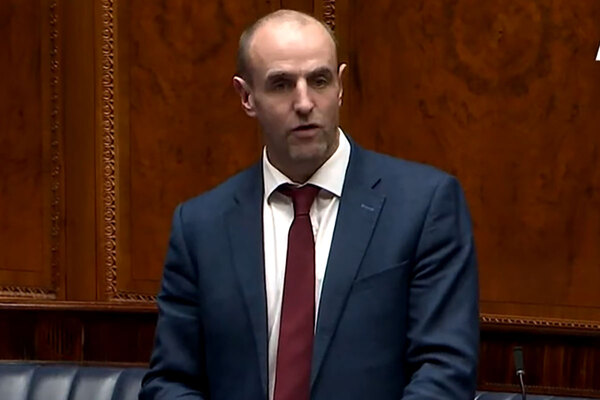You are viewing 1 of your 1 free articles
Government urged to do more to support renters and rough sleepers during latest lockdown
Campaigners and housing bodies are urging the government to reinstate the eviction ban and the Everyone In scheme as England enters its third national lockdown in response to the pandemic.
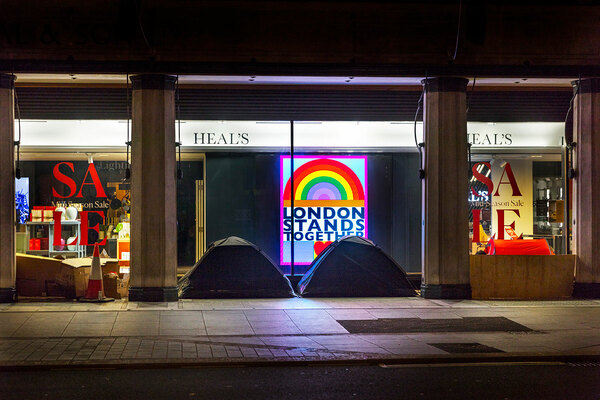
The groups argue that various housing measures must be implemented now to protect public health, following the news that government scientists believe the new variant of COVID-19 is up to 70% more infectious.
Polly Neate, chief executive of Shelter, said the country is “now back in the same, if not worse, situation as last March”, arguing that it is “too dangerous” to evict people from their homes.
She added: “It’s not safe for people to attend court, nor is it safe for bailiffs to enter people’s homes and forcibly remove them.
“There aren’t enough genuinely affordable homes for people to move elsewhere and councils will not be able to cope with an even longer queue of homeless households.”
Generation Rent is also urging the government to ban evictions for the duration of the lockdown, which is expected to last until at least 15 February, by closing the courts and suspending bailiff action.
Similar action was taken by the government when it first acted to curb the outbreak in March, with courts being closed for a six-month period between March and September.
While possession cases have been heard in courts since they reopened, bailiffs are currently banned from carrying out evictions as part of a ‘Christmas truce’ that was set to run from 11 December until 11 January.
The Housing Law Practitioners Association (HLPA) joined calls for the pause on evictions to be extended beyond this date.
In addition to closing the courts, Generation Rent is also urging the government to ban landlords from issuing mandatory eviction notices, such as Section 21 notices.
Courts must automatically grant an eviction following a mandatory notice being served and are not allowed to take into consideration any extenuating circumstances, such as the impact of the pandemic.
During the first national lockdown, landlords were allowed to issue eviction notices but could not enforce the notices in court.
Alicia Kennedy, director of Generation Rent, said people who were issued notices during the first lockdown “still felt pressure to move out” despite the courts being closed.
Meanwhile, the National Residential Landlords Association (NRLA) is demanding the government to develop a “financial package to enable tenants to pay off any arrears built up as a direct result of the pandemic”.
This follows the NRLA’s survey of 600 landlords in December which found that 56% had lost rental income as a result of the pandemic, with 12% having lost more than 20%.
Demands are also being made on the government to reinstate the same level of protection given to homeless people during the first national lockdown, when councils were ordered to find self-contained accommodation for all rough sleepers as part of the government’s Everyone In scheme.
Jon Sparkes, chief executive of Crisis, said funding to support rough sleepers during the pandemic has now been “restricted to specific regions and to people who are categorised as clinically vulnerable”.
He added: “This has excluded many people experiencing barriers to the healthcare system. Emergency accommodation must be urgently provided to all people rough sleeping, without exception.”
Shadow housing secretary Thangam Debbonaire said the public health situation “is extremely serious” and that “nobody should spend winter on the streets, especially during the hardest period of this pandemic”.
The HLPA is calling on the government to put its Everyone In policy on “a formal footing so that councils are obliged to accommodate everyone at risk of rough sleeping including those with no recourse to public funds”.
The latest lockdown follows the emergence of a new strain of coronavirus, which the prime minister blamed for surging infection rates during his address to the nation yesterday evening.
A government spokesperson said: “We are reviewing the measures currently in place and will provide more detail shortly, taking into account public health advice.”
Sign up for our daily newsletter
Already have an account? Click here to manage your newsletters

